‘Golam Mamun’: A compelling spin-off of crime, betrayal, and societal reflections
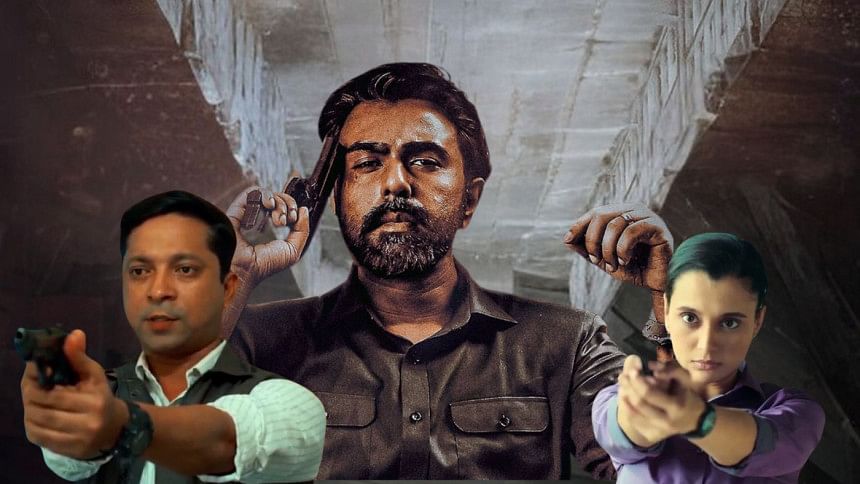
Shihab Shaheen's first spin-off series, "Myself Allen Swapan", garnered significant attention with its original character creation. The director has crafted yet another spin-off, this time centred on police officer Golam Mamun– a character from Tanim Rahman Angshu's "Buker Moddhye Agun."
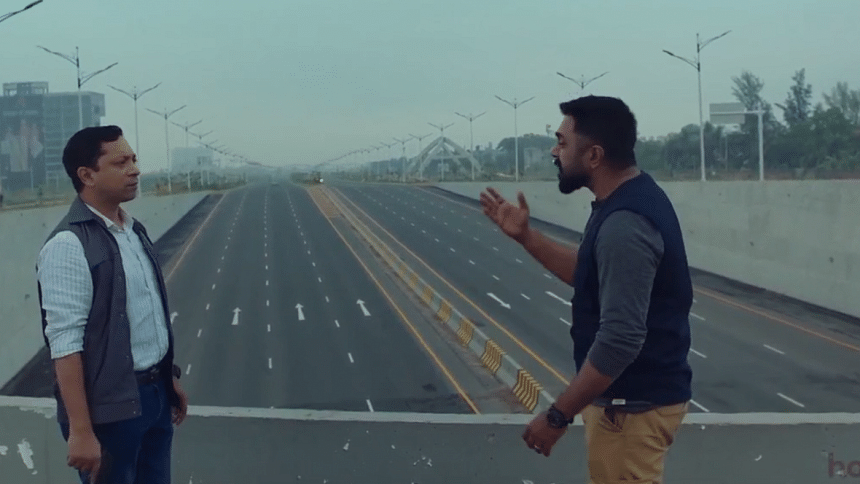
The web-series "Golam Mamun" has recently premiered on the OTT platform Hoichoi. Despite being a spin-off, the series is not a typical character-driven story. In Ayan Chakrabarty's plot, police officer Golam Mamun is accused of murdering a delinquent named Nasir. Concurrently, Mamun's colleague Sakib and Sakib's wife, journalist Tania, are murdered, with all fingers pointing at Mamun. While on duty, Mamun is presented in court but escapes, becoming a fugitive who investigates the connections between these murders. He eventually discovers a link to his brother-in-law's murder, another police officer.
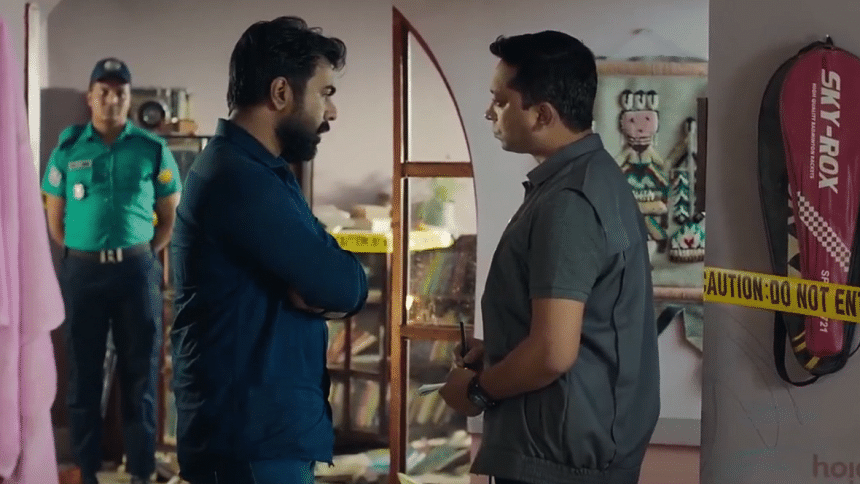
In his quest to uncover the mysteries, Mamun faces betrayal, distrust, and the disguised faces of those around him. Can he rise above these challenges, or will his astute colleague, officer Robin, catch him? Are Robin and Mamun rivals or allies? The series answers these questions.
The screenplay, written jointly by Shihab Shaheen and Mezbah Uddin Shumon, opens with a tragic scene: a little girl narrates her deceased mother's condition over a phone call, setting a gloomy tone. The series interweaves numerous events, maintaining a cohesive pattern without becoming irrelevant. Shaheen aimed to present this story on a wide scale, introducing peripheral issues through brief dialogues. Some parts were effective, but not all. For instance, the attempt to address national issues like power outages through dialogues was commendable, but the absence of a generator in such a flat seemed unrealistic. Some plot twists were weak, such as Milon retrieving files from the court, and fugitive Mamun waiting with a car at the court, or the rationale Mamun provided for killing his brother-in-law.
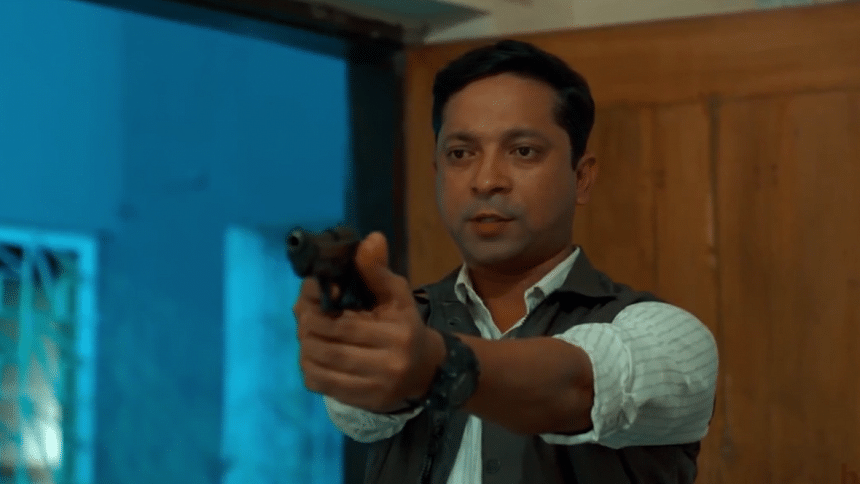
The attempt to introduce the narrative of domestic violence in the marital relationship of Mamun's brother-in-law and sister was praiseworthy. Dialogues like "Although everything in this world is not real, there are dodgers. Yet, I will trust you" and "You won't get ripe fruits unless you venture to the tip of the branch" kept intense moments lively and realistic. Shaheen avoided the common trope of unnecessary smoking and drinking to make the characters relevant to violence, instead telling a different story. The scene of Quran recitation after the minister's son's death was beautiful, although the recitation beside the dead body should have been faster. Issues like the fire at Chattogram port, gold smuggling, and national instability were covered, showing their interrelated interests. Shaheen addressed these through the characters' dialogues. However, naming these issues under an imposed ideology like 'Hukumat' primarily conceals the administrative authority's failure.
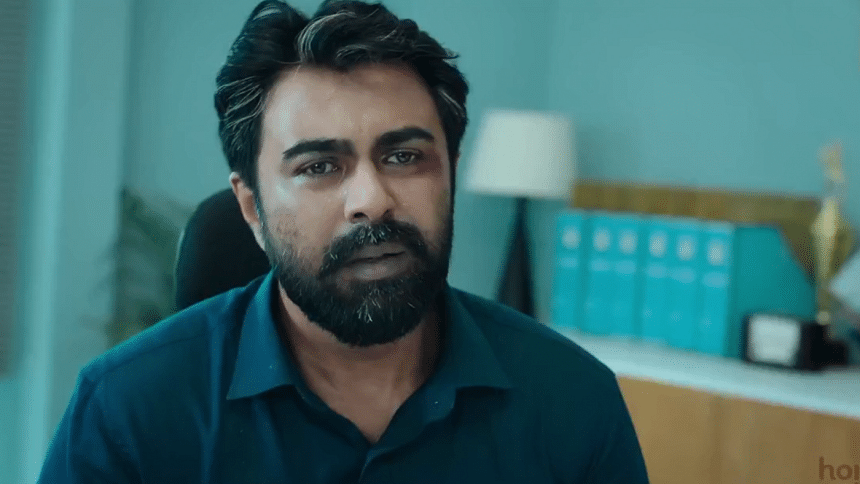
Ziaul Faruq Apurba reprises his role from "Buker Moddhye Agun" and portrays the character Golam Mamun in this spin-off. He maintains his signature style, delivering a performance free from overacting, and shines in action scenes—a genre his fans haven't seen him tackle before. This fresh portrayal is a delightful surprise for his die-hard fans. However, outside the action and thrilling moments, Apurba appears somewhat subdued.
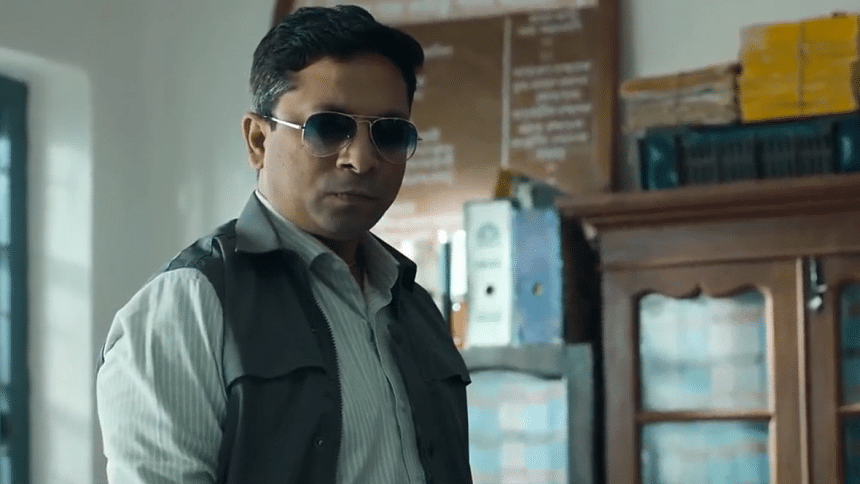
Imtiaz Barshon plays the role of police officer Robin. With the addition of this latest series, Barshon has now appeared in three consecutive series, including "Sharey Showlo", and "Kaalpurush", as a cop– each time portraying a distinct character with different roles, appearances, and nuances. His versatility leaves no room for doubt. In "Golam Mamun", he matches Apurba's performance, creating a compelling antagonist whose ruthlessness contrasts sharply with the protagonist Mamun, garnering audiences' sympathy for Mamun.
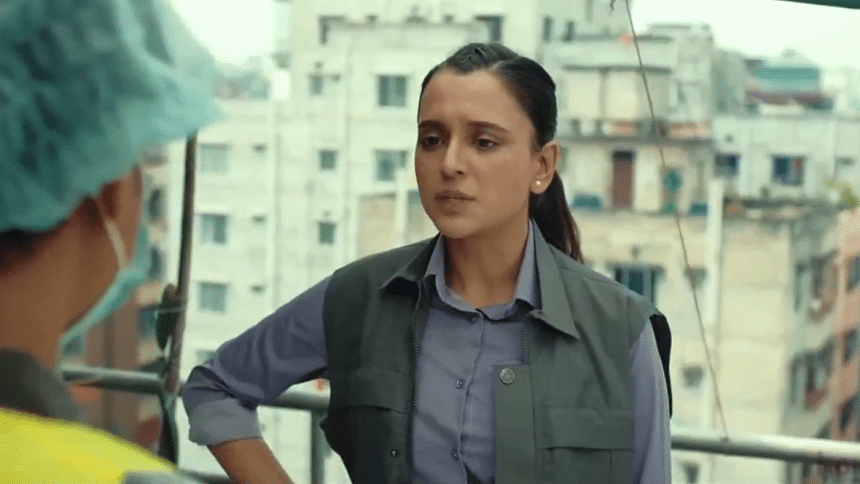
Sabila Nur plays police officer Rahi, an intriguing role in this series. She seamlessly transitions from a temperamental officer to a soft-spoken assistant, and then to an unknown identity at critical moments, showcasing her professionalism. Her urban Bengali accent adds an attractive touch. Although she delivers everything her role demands, more intensity was expected from her in the moments leading up to the final accident.
Nazmus Sakib portrays tourist police officer Milon. Though Sakib acts regularly, he seldom gets ample screen space. In this series, he has that space, and the role of Milon has the potential to add a new dimension to the story, enhancing its excellence. Sakib could have done better in this aspect. He needs to pay more attention to clichéd dialogue delivery and forced comedy.
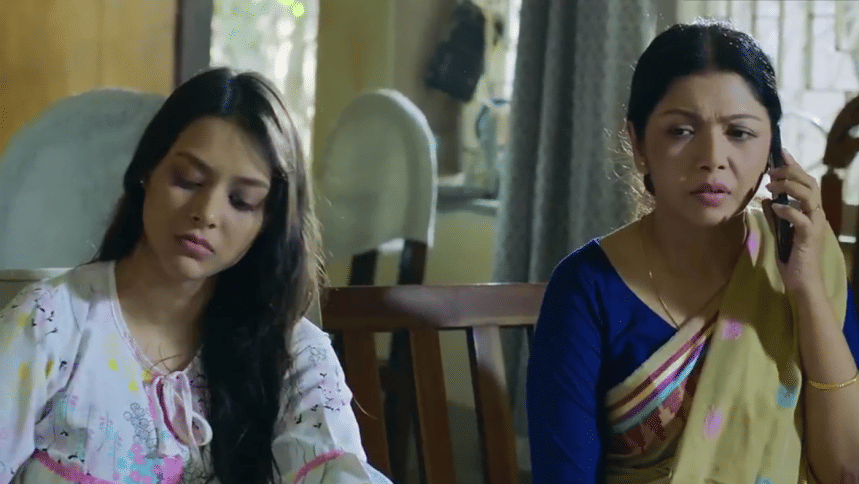
Masum Basher delivers an impeccable performance as the chief. Rashed Mamun Apu and Sabrin Azad also make strong appearances. However, Sharlin Farzana fails to make a significant breakthrough after a long hiatus.
A common flaw observed in the casting was the confusion between saluting and giving a heel-up. Saluting in civilian dress appeared laughable.
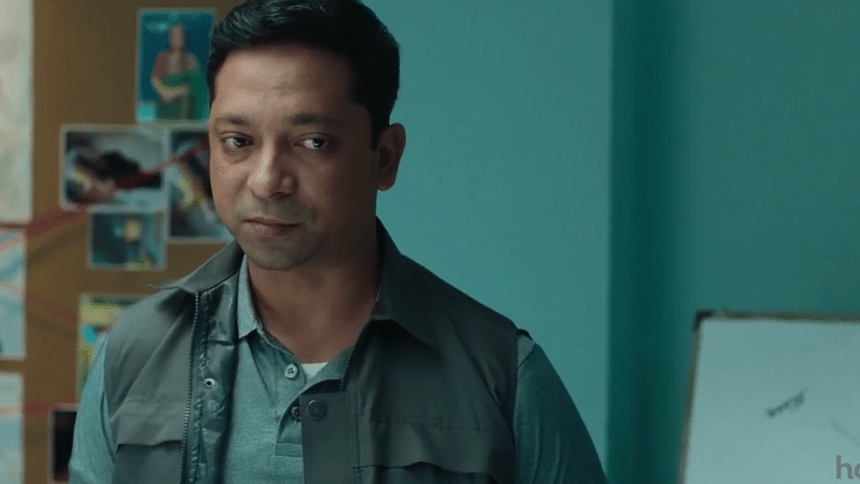
Prosenjit handled the colour work in the series. The photogenic colour of Mamun's house, the blue-gritty tone of the police headquarters, the grey blur shade around the flyover during the day, creating a dusty atmosphere—all are consistent thanks to great makeup and costume combinations. However, in the final episode, the blood splatter on Mamun's sister's forehead during the shooting scene was illogical, as the shooter was behind her. Makeup was done by Atia Rahman. Eimon Khandoker effectively highlighted the role of costumes in building up colour and character. However, it seemed odd to see the same shirt in TV news or newspapers that Mamun was wearing while on the run.
Even though "Golam Mamun" is a spin-off series, Shihab Shaheen uses it to reflect our current socio-political realities through fiction and brief dialogues, highlighting numerous inconsistencies in our surroundings. However, we should question his portrayal of everything under an invisible shadow, or 'Hukumat'. This 'invisible' aspect implants a spectral reality in our minds, which eventually seems insurmountable. The ruling apparatus takes full advantage of this, becoming more active in masking their failures.
Storytelling plays a significant role in creating such narratives, leading to a gradual decline in the audience's tendency to question authority. This decline is certainly not beneficial for any governance system or the state itself.

 For all latest news, follow The Daily Star's Google News channel.
For all latest news, follow The Daily Star's Google News channel. 









Comments